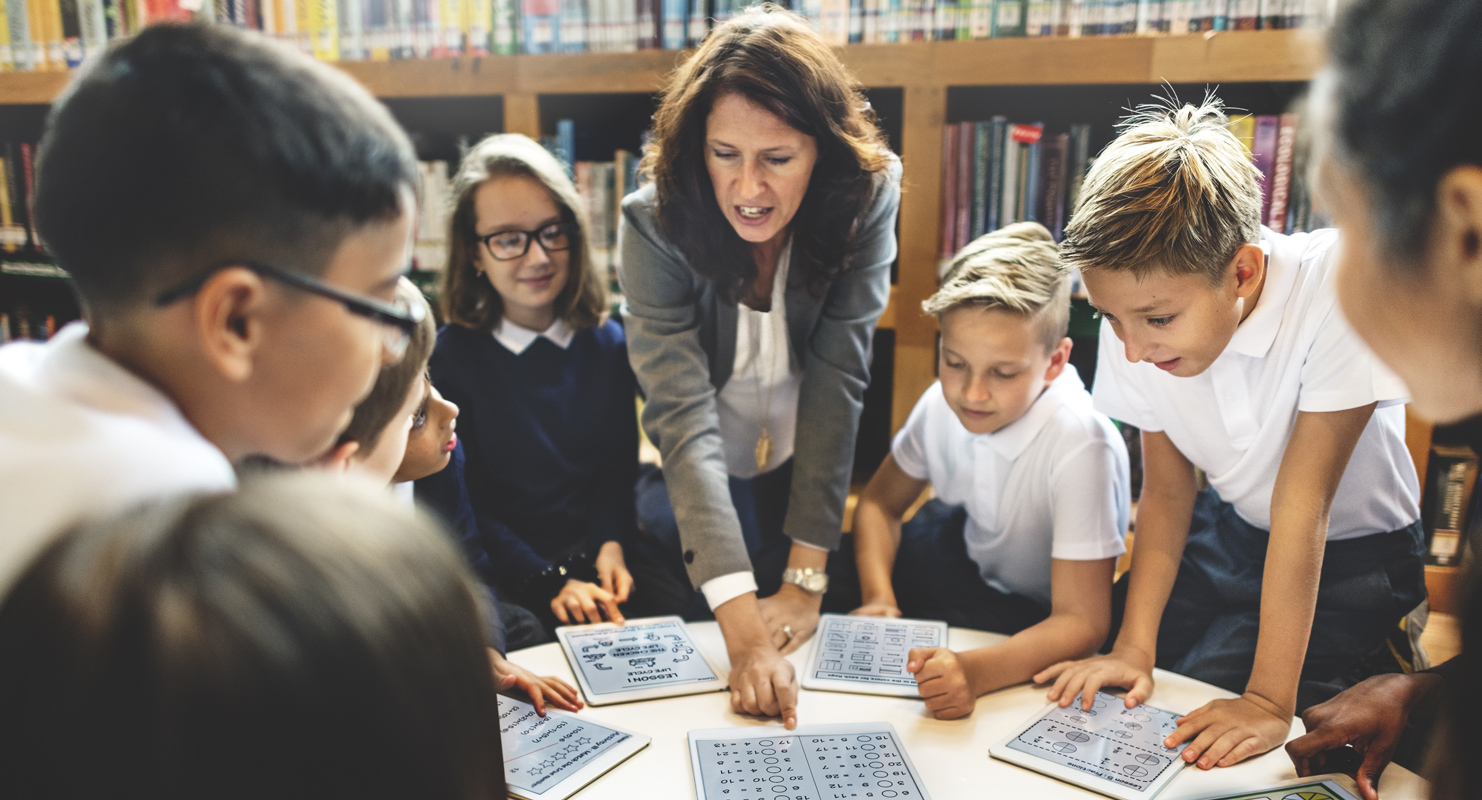This blog post was published under the 2017 – 2019 Conservative government
Offline Radicalisation
We often hear about how extremist and terrorist organisations use social media to reach, radicalise and recruit young people. However, the harmful ideology and propaganda disseminated by extremists online is just part of the story.
Just as significant but less frequently discussed is threat posed by offline social networks – real-life interaction. Research concludes that this can often be a decisive factor in moving people from extremist thoughts to actual terrorism.
The International Centre for the Study of Radicalisation at King’s College, London, studied the alleged perpetrators of this year’s London Bridge terror attack. It found that at least one of them was driven to commit violent acts through being part of an extremist network.
Offline social interaction can build a sense of community and camaraderie – the internet rarely replaces the potency and charm of a face-to-face recruiter.
Therefore, it is vital that pupils learn to spot extremist propaganda online and understand the offline threat.
Protective Learnings
The PSHE Association identifies a number of aims for this teaching through its ‘protective learnings’. These include the capacity to challenge concepts such as ‘certainty’ and the ability to separate fact from opinion. Understanding influence, persuasion, manipulation and the emotional power of charisma is also key. It is vital that young people also recognise the difference between a persuasive argument and a rational argument.
Promoting Protective Learnings in the Classroom
The Educate Against Hate website contains resources to support teachers to instill these learnings, including:
The Extreme Dialogue educational resources have been created by the Institute for Strategic Dialogue to build young people’s resilience to violent extremism. Classroom activities include active discussion and enhanced critical thinking, inspired by a series of short films. The resource packs available at this site are also designed to increase the confidence of educators in safely exploring what can be a difficult topic.
Resources: click here
SINCE 9/11 hosts a range of lesson plans, presentations and hand-outs for secondary school pupils across a range of subject areas. For example, the Out of the Blue lesson plan encourages open discussion of conspiracy theories, and their Breaking News lesson plan explores what influences the media to report on world events in different ways. The site also provides guidance for teachers on how to handle sensitive or controversial discussions in the classroom.
Resources: click here
Tackling these topics in a safe setting like school is key. With the guidance of educators, it is possible to reduce young people’s vulnerability to radicalisation.
[1] http://www.bbc.co.uk/news/uk-40161333

